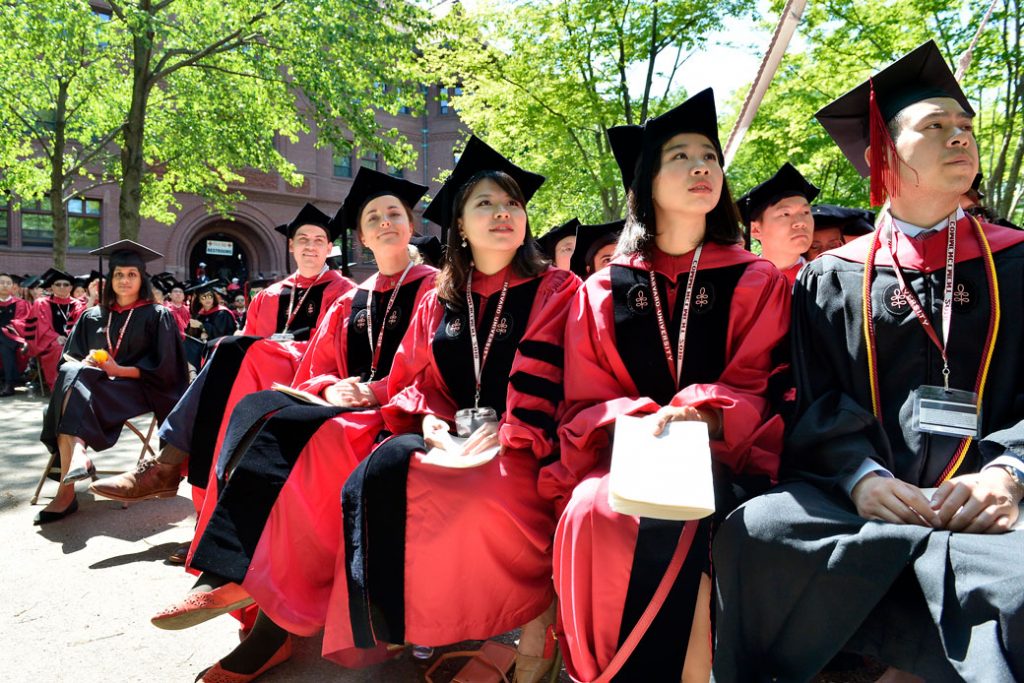Whenever I want a clear-cut example of latter-day racial discrimination, I point to elite universities’ treatment of Asians. As far as I’m concerned, the evidence is overwhelming. The denials are not only motivated reasoning, but desperate motivated reasoning.
Still, this leaves me with a puzzle. Do I really think that elite admissions officers wake up in the morning and think, “God, I hate Asians”?
I’m not a mind-reader, but I seriously doubt that they do. Indeed, I bet that the vast majority of elite admissions officers never even consciously think, “I’m not overly fond of Asians.”
What then is the psychological mechanism of discrimination? It’s more like, “We’re treating Asian applicants well enough.” Along with, “If we just admitted students on merit, this school would be majority Asian. That’s excessive.”
What admissions officers feel for Asians is not hate, nor even antipathy. It’s exasperation. Exasperation at what? At Asians’ excessive success. “These Asians keep forcing me to choose between being inequitable and being unjust. Aargh!”
I suspect that elite university discrimination against Jews often fit the same mold. While there must have been some committed anti-Semites at the Ivies in the 20s, 30s, 40s, and 50s, they were probably outnumbered by admissions officers who were simply exasperated by Jewish students’ stellar performance. “These Jews keep forcing me to choose between being inequitable and being unjust. Aargh!”
Does this mean that admissions officers have no hate in their hearts at all? To repeat, I’m not a mind-reader. Still, I can easily believe that admissions officers all over the country often wake up in the morning and think, “God, I hate people who think I’m racist against Asians.”
The people who make you choose between being inequitable and being unjust are exasperating. The people who tell you you’re unjust are the devil incarnate.




